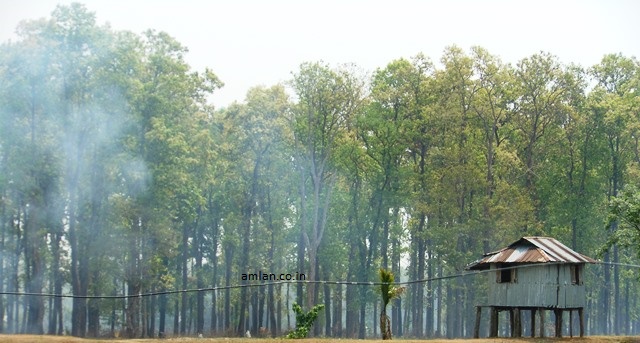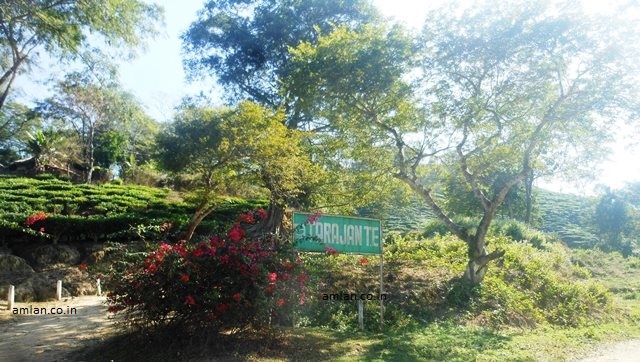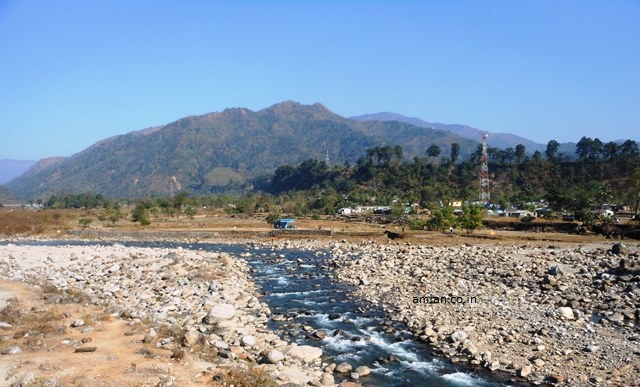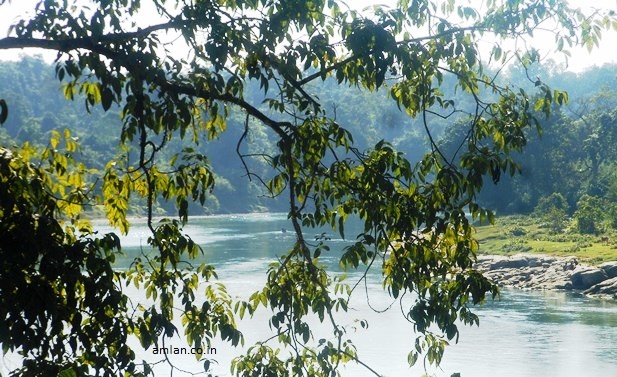Environmental ethics
Often I work and speak on environmental ethics. In 2004, I have written a paper on value judgment in economics and ethics focussing on well-being of nonhuman beings. The paper was presented at the Sixth Annual BioEcon Workshop on Biodiversity and Economics for Conservation at the Kings College, University of Cambridge, Sept 1-3, 2004.





